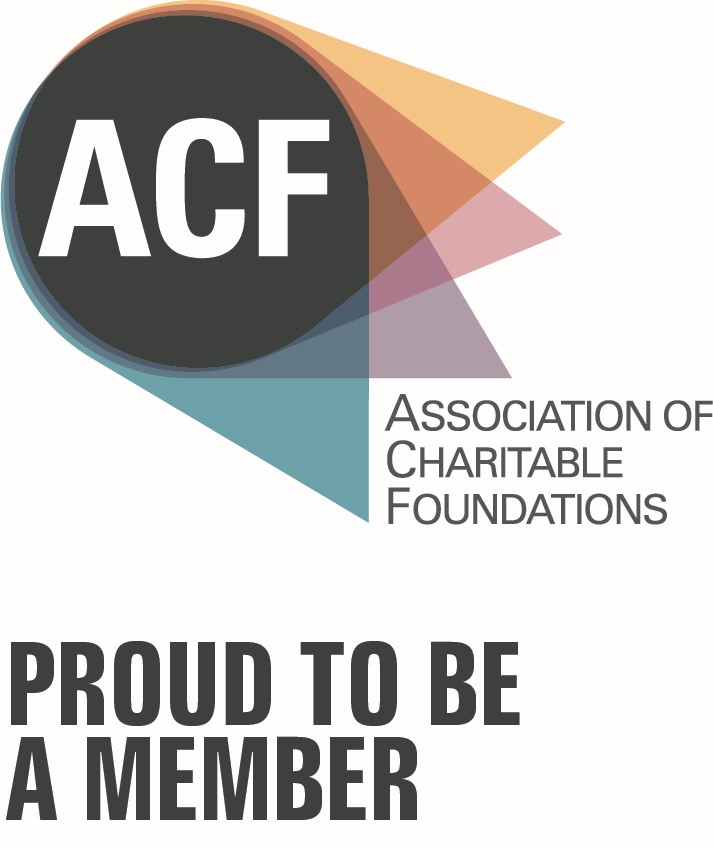My top 5 tips for getting your Will sorted
Writing a Will sounds like it could be a long and tedious process, not to mention a bit morbid. But when my husband and I bought our flat, we decided it would be sensible to write our first Will. Even so, it stayed in my to-do list for quite a while!
Turns out, the process is quick and easy! And I loved the peace of mind it brought me – especially knowing that my loved ones will be looked after when I’m gone.
My five top tips for writing a Will
-
Make a list of everything you own (and anything you owe). This will give you an idea of the value of your estate.
-
Think about the people and causes you’d like to leave a gift to. You can leave a cash amount, a share of your estate or a particular item. If naming a charity in your will, make sure you include their registered charity number and address.
-
Choose someone to carry out your wishes – your executors. They can be a trusted relative or friend, or a professional such as a solicitor or accountant. My husband chose his brother and I chose my sister.
-
Once you’ve made your decisions, consult a qualified legal adviser who will help you ensure that everything is covered accurately.
-
Remember to update your Will when your circumstances change. Research from Macmillan Cancer Support has found that 1.5 million people haven’t updated their Will since getting married. Almost one in ten Wills have not been updated since the arrival of new children or grandchildren.
A report from The National Will Register found that 56% of adults in the UK haven't written a Will. The thing is, writing one isn’t as scary as it sounds and speaking from experience, I’d say it feels practical and surprisingly positive.
An opportunity to give back
Another thing that feels good about writing a Will is planning gifts for good causes. If you choose to support a charity in your Will, it costs you nothing and means you’ll make a difference and be appreciated for years to come.
Gifts that come to the RCN Foundation through wills make a huge difference to nurses, midwives and healthcare support workers.
-
A £50 will help a care home assistant with a job-induced back injury afford an orthopaedic mattress and continue to support their patients.
-
A £100 gift will enable a nurse to attend a training course and gain new skills that will help patients and families come to terms with difficult health news.
-
A £250 gift enables us to help a healthcare worker leave an abusive domestic situation
-
A £1000 gift gives a midwife the funds to pursue a Masters in Advanced Clinical Practice
-
Large in memoriam gifts, like the Olufunke Adeyeye RCN Foundation Education Grant, mean that we can provide specific grants annually over many years – decades, even.
Recently we heard from Roger, who has chosen to leave a gift to the RCN Foundation. He says, “when I had my appendix out and they found a cancerous lump, nurses kept me alive. I will be forever grateful for the care I received. That’s why I’m happy to be able to give something back to the nursing community in my Will."
There are two main ways to leave a gift to the RCN Foundation:
- A share of your estate: Known as a residuary gift, you can leave a percentage of what's left to RCN Foundation after your loved ones have been taken care of
- A cash gift: Known as a pecuniary gift, this is a fixed sum of money. It could be £100 or £1,000, and won't change over time.
Find out more about leaving a gift in your Will.
Free Wills Month
The National Will Register also found that among over 55s, 30% have not spoken to anyone about what should happen to their estate upon their passing, and half of those are unlikely to in the future.
But we bring good news - if you’re aged 55 or over, you can benefit from Free Wills Month, which enables you to have your Will written or updated free of charge.
Free Wills Month takes place in March and October every year, and is supported by a group of charities.
To get started, just head to the website and type in your postcode to find the local solicitors who are taking part in your area.






